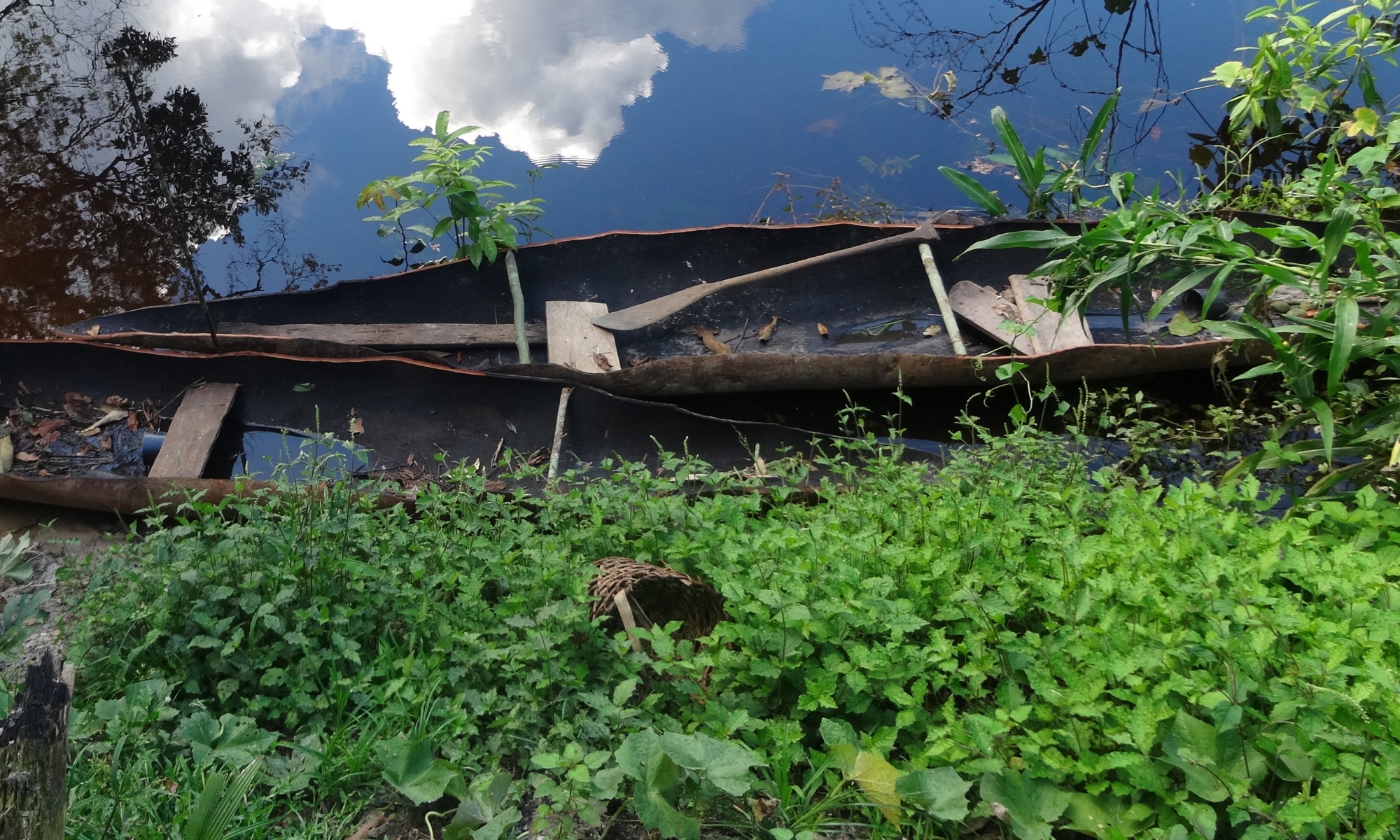Biodiversity is elemental for a sustainable future of humans and the planet. Moving beyond a universalist approach to biodiversity, this interdisciplinary project will offer an evidence-based, in-depth, long-term analysis of local experiences of biodiversity. The Amazon is well-known for its biodiversity, but how is it conceptualised locally and in terms of time? The core thematic work packages of the study are: 1) Amazonian experiences of biodiversity, 2) Diverse timescales in Amazonian biocultural landscapes, and 3) Structures of language as related to biocultural diversity and time.
We will organize community workshops in Brazilian Amazonia that explore notions of biodiversity from the deep past, as well as their cultural time layers. In parallel with community-based methods, we work with ethnography, oral history, geospatial analysis, and linguistics. Our analytical tools include relational ontology, scholarship on biocultural diversity, cultural theories of time, and linguistics. Throughout the project, we will work in a collaborative approach and enhance international collaborations, which are crucial in a study of this scale and depth.
The expected scientific impacts of this project are cross-disciplinary, as we will produce new information on so-called biocultural experiences and landscapes over history from the multiple evidence base approach. This study of Amazonian Indigenous ontologies, temporalities, and cognitive and linguistic principles also allows a critical Amazonian Indigenous view of the Anthropocene and develops a more ethically integrated synergy of different types of knowledges, especially in sustainability and environmental discussions.
